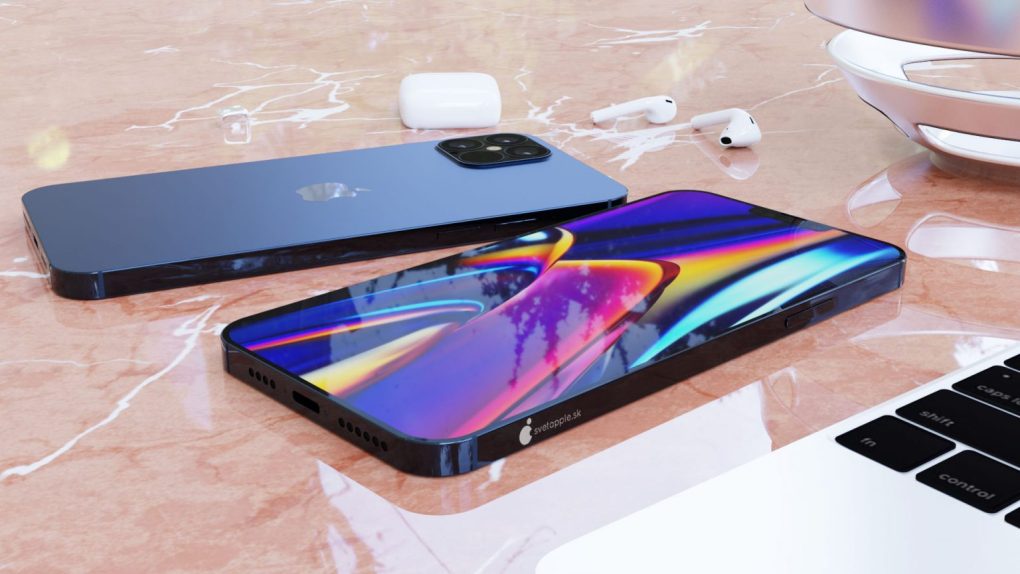- The 5G iPhone 12 price won’t be as expensive as its Android flagship phones that launched so far this year, a well-known insider reports.
- Apple is supposedly looking to cut manufacturing costs everywhere it can, as the 5G modem and antennas will cost anywhere between $75 and $135 per device, depending on 5G technology.
- Ming-Chi Kuo said in a note to investors that the iPhone 12 battery will get the biggest cost savings, as Apple is moving to a simpler design.
Android handsets have been getting more and more expensive ever since Apple first-breached the $1,000 barrier with the iPhone X three years ago. At the same time, Apple launched cheaper and cheaper iPhones, and the $699 iPhone 11 turned out to be a massive success, just like its predecessors. The dawn of 2020 brought us the first Android flagships of the year, with Samsung delivering quite a surprise. The cheapest Galaxy S20 starts at $999. Fast forward to mid-August, and the Galaxy Note 20 is just as pricey while featuring even more compromises. The “problem” with these new Android flagships is that they all support 5G, and the 5G components are pricey. The Snapdragon 865 chip, the 5G modem, and the 5G antennas contribute to the sky-high price of these handsets. Even the OnePlus 8 Pro is not the affordable flagship killer the company used to make. The 5G parts are so expensive that even Google reportedly made an unprecedented choice for the Pixel 5; the phone will not come with the top Qualcomm mobile chip under the hood to cut costs.
This brings us to Apple’s iPhone 12 series, all phones that will support 5G connectivity. Apple also has a components cost problem, one that’s fixing differently than others, according to several leaks. But Apple’s phones will all run on the same powerful chip, they won’t compromise on build quality, and they won’t start at $999.
The A-series chip is Apple’s biggest advantage compared to Android, and Apple isn’t going to give it up. The iPhone SE is the best example of that. It’s an iPhone 8-like device that has the same processor as the iPhone 11 phones. The iPhone 12 models will all get the 5nm A14 chip and offer the same high-end, unbeatable performance.
All handsets are likely going to be made of glass and metal. Apple would never go for plastic, like Samsung just did.
Coronavirus year or not, Apple has learned a thing or two from its three generations of iPhones that started with the iPhone X. The iPhone XR and iPhone 11 turned out to be the best new phones for most people. You get tremendous value for that $699 price tag of the iPhone 11, with the Pro’s rear camera being the only real advantage over the regular model. The Pros also get better storage options and water resistance, as well as better displays and better battery (especially on the Pro Max).
Add the health and economic crises to all of that, and you know Apple can’t afford to mess with the entry price of the iPhone 12 too much.
The company still has to add 5G support to all models, and analyst Ming-Chi Kuo just gave us a look at what those extra costs amount to. The Sub-6GHz version of 5G will cost Apple an additional $75-$85 in parts, while the millimeter wave tech is even pricier, at $125-$135.
The analyst said in a note to investors seen by MacRumors that Apple has figured out a way to reduce costs elsewhere. The battery board will give Apple the biggest savings, Kup says. Apple is moving to a simpler and smaller design that has fewer layers. The iPhone 12 battery will be 40% to 50% cheaper to make than the iPhone 11, thanks to a hybrid hard and soft battery board. In the future, Apple will use a soft board design that will cut prices by 30% to 40% compared to the iPhone 12 battery.
This might be a small detail in the grand schemes of things, and battery board cuts alone might not help Apple make up for the extra cash that it’s paying for 5G modems and antennas. Unlike Android handset makers, Apple already designs its own chip, which will further help it reduce costs.
Let’s also not forget that the iPhone 12 is expected to be the first iPhone generation to ship without a charger or free EarPods in the box. That should further help Apple cut costs, while also assisting Apple set the tone for a future generation of portless iPhones.
Apple will launch the iPhone 12 at some point in mid-October, a leaker said recently, with the cheaper models supposed to hit stores a week after that. The iPhone 12 Pros might take a few weeks longer to ship to buyers.








